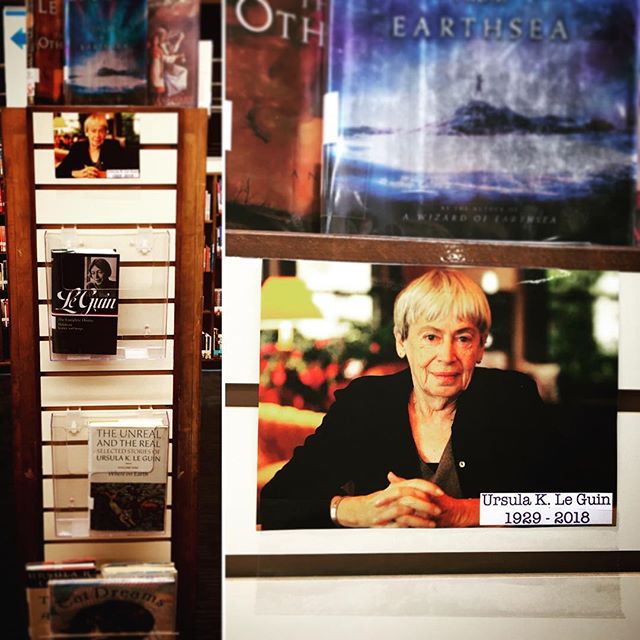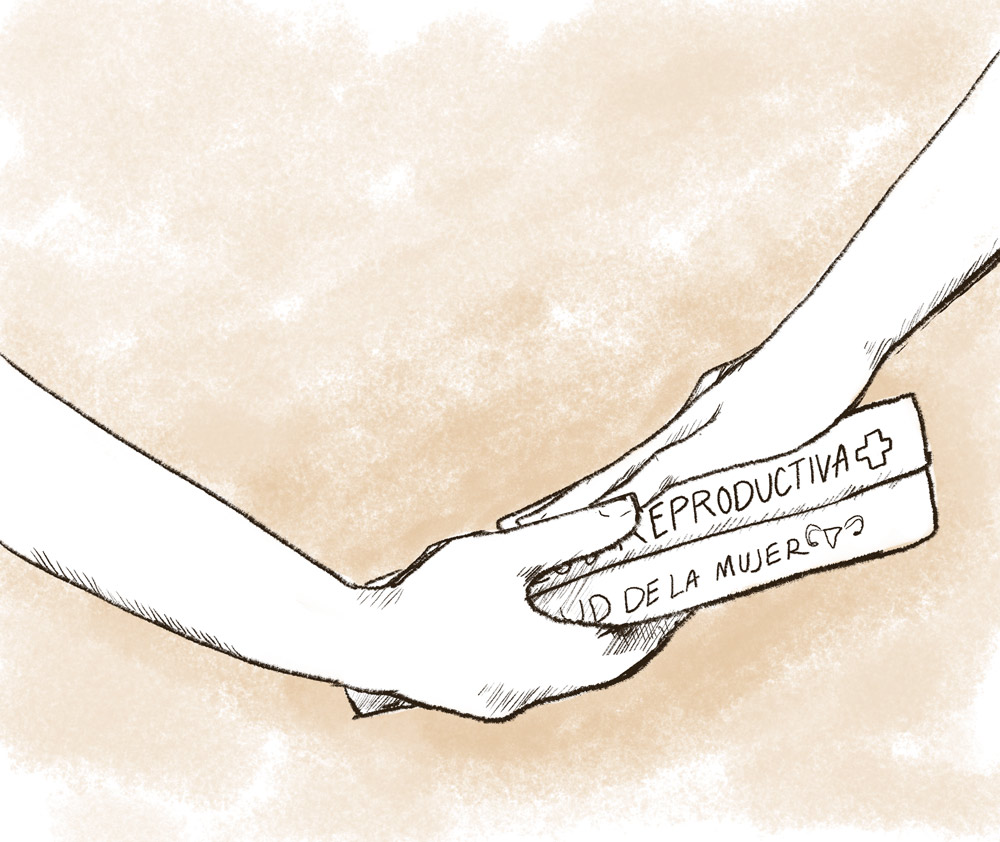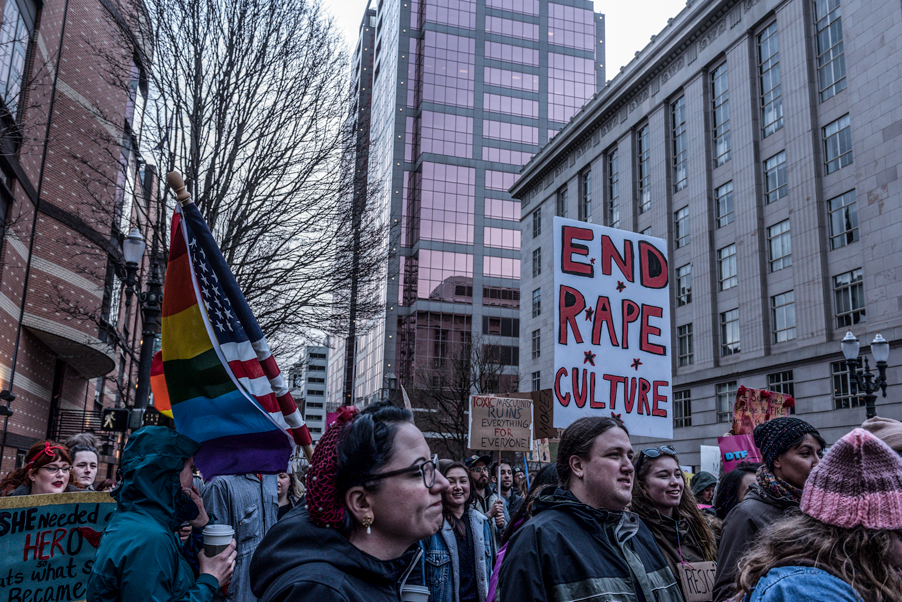“We know who you are, and we’re not going to allow you to get away with it any longer.” These were the words spoken by Asia Argento at the 2018 Cannes Film Festival. Musicians Amanda Palmer and Jasmine Power explore similar themes with their song “Mr. Weinstein Will See You Now.” The new single was released on May 23 and was co-written with film music arranger Sketch & Dodds. On the song’s creation, Palmer wrote:
I’ve been fiddling in my own head for months with ideas for songs and tunes to address the #MeToo movement, and it’s such a hard thing to write about it. It’s so personal to these women, these stories, and it felt too wrong to write something funny and cabaret, the topic is too harrowing. It’s not surprising that, just like the movement itself, it took two women getting into a room together, comparing notes and joining forces to create something almost like an anthem for taking back our narrative.
#TimesUp
The #metoo movement, well known for its recent resurgence, began in 2006 when it was coined by activist Tarana Burke as a way of reaching out and empathizing with people who have experienced sexual assault. The past two years have been rife with women and men shining light on their abusers within Hollywood: Anthony Rapp exposed Kevin Spacey’s inappropriate behavior when Rapp was a young teenager; Terry Crews has talked about his sexual assault at the hands of a Hollywood executive; Rose McGowan and Asia Argento, among many others, incriminated Harvey Weinstein and the various structures that allow abusive men to stay in power.
During Argento’s powerful speech at Cannes, she informed the festival audience she was raped by Weinstein at Cannes back in 1997. The actress called Cannes’ annual event Weinstein’s hunting grounds.
“There are those that need to be held accountable for their conduct against women for behavior that does not belong in this industry, does not belong in any industry or workplace,” Argento said. “You know who you are. But most importantly, we know who you are, and we’re not going to allow you to get away with it any longer.”
Times up for: Larry Nassar. Louis C.K. Bill Cosby. Charlie Rose. Garrison Keillor. Mario Batalli. R. Kelly. The list goes on and on.
After being charged with rape in the first and third degrees—among other counts—on May 25, Harvey Weinstein turned himself in. Weinstein was arrested, and then released on a $1 million bail. But, unless you’ve been living under a rock, none of this is news to you.
Palmer and Power’s new song is nearly six minutes long and gives voice to the interiority of a woman experiencing physical trauma at the hands of a man in a hotel room. While Weinstein is never named, the song title speaks volumes in addition to multiple references to hotel rooms, films and casting.
Their voices weave around each other—both separately and in unison—almost clashingly at times. Palmer’s rough voice pulses throughout. Power’s polished and clear voice dips in and out of clarity, as if forcing you to listen. The effect is like listening to someone who can’t quite piece together a single complete thought.
The song starts off with a simple piano riff, and slowly a string orchestra is added as the music continues. At 4:30, the orchestra swells—like a pointed cinematic moment as the two musicians sing, “Open casket, open casting/ this is where the story stops.” The last line of the song sounds like you can’t hear the end of a sentence—there’s this unresolved tension. Palmer sings, “This never happened,” while Power sings, “I’m the one writing this.” It’s like you’re listening to these women talk, then you unexpectedly encounter silence.
The song is haunting, and after only a single listen, it wiggles and worms into your head. It is reminiscent of a reimagined lullaby—one that the Brothers Grimm might have penned. Palmer is known for championing turning pain and hurt into art. “Mr. Weinstein Will See You Now” is no exception. There is a whole world of hurt out there. And maybe this art can help give voice to that pain.






